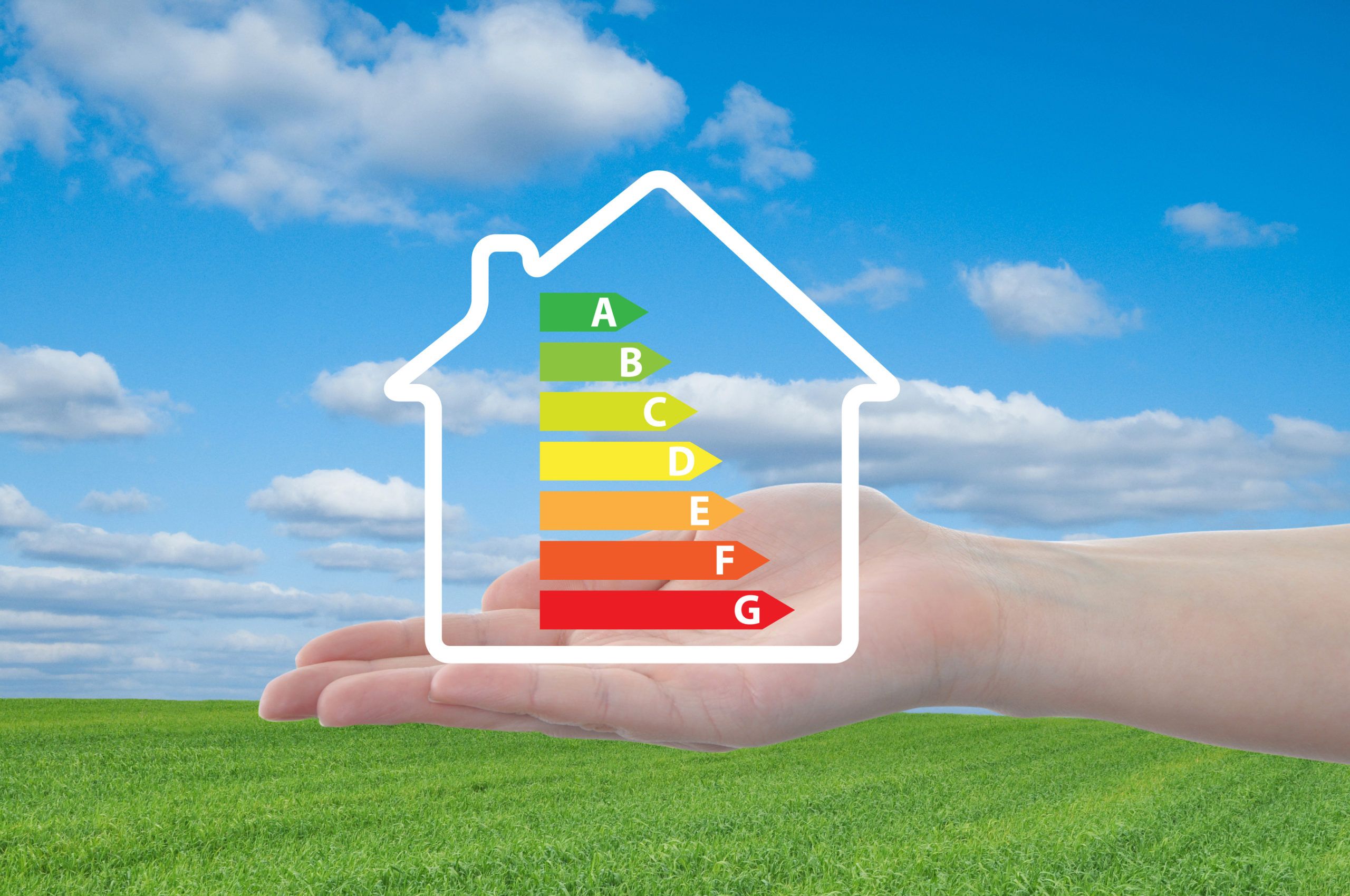
Improving the Energy Efficiency of Your Home
Have you received record-high utility bills? Are you setting new records for energy costs every month? Are you looking for ways to reduce your utility costs? Take a look at the appliances and equipment in your home and get an understanding of how much each of them contributes to your overall utility costs.
Heating and Cooling Systems
In almost all homes, heating and cooling systems are the biggest users of electrical power. The motor that powers the fan that moves warm and cool air through your ducts and all through your home works day and night year-round. In warm months, the motor in the outside unit of your air conditioner also runs day and night.
By some estimates, nearly half of your home’s electrical usage goes to power your heating and cooling systems. Being the biggest user of electrical power, your heating and cooling system offers the biggest opportunity for significant savings. Newer systems are significantly more energy efficient than older systems. If you have a system that is more than 10 years old and is requiring annual repairs, it may be time to consider a replacement.
If your heating and cooling system is not keeping your home temperatures at a comfortable level, it is undersized or in need of repair. A heating and cooling system that is properly tuned will operate more efficiently. Supplemental heating and cooling appliances are often expensive to operate and a sign that your central system is not performing as it should.
Water Heaters
While much less expensive to operate than a heating and cooling system, a water heater is still a major contributor to your utility costs. Like other equipment, newer models are more energy efficient. If your water heater needs to be replaced, energy savings will help offset the cost. However, the energy savings with a new water heater is not enough to rush the purchase before a replacement is truly needed. Turning down the temperature of the hot water is a money-saving move. Dishwashers have their own means to heat water, washing machines can do their job with cold water, and most people mix hot and cold water for bathing and showering.
When a replacement truly is needed, look into a tankless water heater. With a traditional tank system, hot water is ready for you on demand overnight, during work hours, or while you are on vacation and it is not needed. Tankless water heaters produce hot water as you need it and only when you need it.
Refrigerators
Energy-efficient modern refrigerators use less energy than older refrigerators. Replacing an older refrigerator with a new energy-efficient one is probably not going to have a quick payback. A better option is to adjust the temperature. Increasing the freezer and refrigerator temperature by a couple of degrees will save you money on your utility bill.
Washers & Dryers
As with any appliance, newer models are more energy efficient. Washing in cold water is always a good option. Washing and drying fewer but larger loads is another choice that can save substantial money over time.
Lighting
Make a trip around your home and count the number of light bulbs you have. Count the bulbs in your refrigerator, oven, microwave, porch and patio lights, closet lights—count them all. Most homeowners would be surprised at the number of bulbs they find. Collectively, those bulbs may be using up to 10% of your total electrical energy bill. Replacing incandescent bulbs with LED bulbs will reduce energy consumption by more than half.
Smaller Appliances and Electronics
The average home has a large assortment of mostly smaller devices that collectively account for a significant portion of electrical energy usage. These may include toasters and other countertop cooking appliances, entertainment centers, televisions and cable boxes, gaming consoles, fans, computers, electric ovens, phone chargers, and much more.
While some of these devices require significant electrical energy to operate, most of them do not operate continuously, so total electrical usage is small. Computers should be set to go into sleep mode when not in use.
If you are using fans or small heaters to keep your home comfortable, there are more efficient options. Talk to the technicians at Semper Fi Heating & Cooling to learn more about what you can do to lower your utility bills.
Table of Contents
Other Blogs You May Be Interested In
Categories


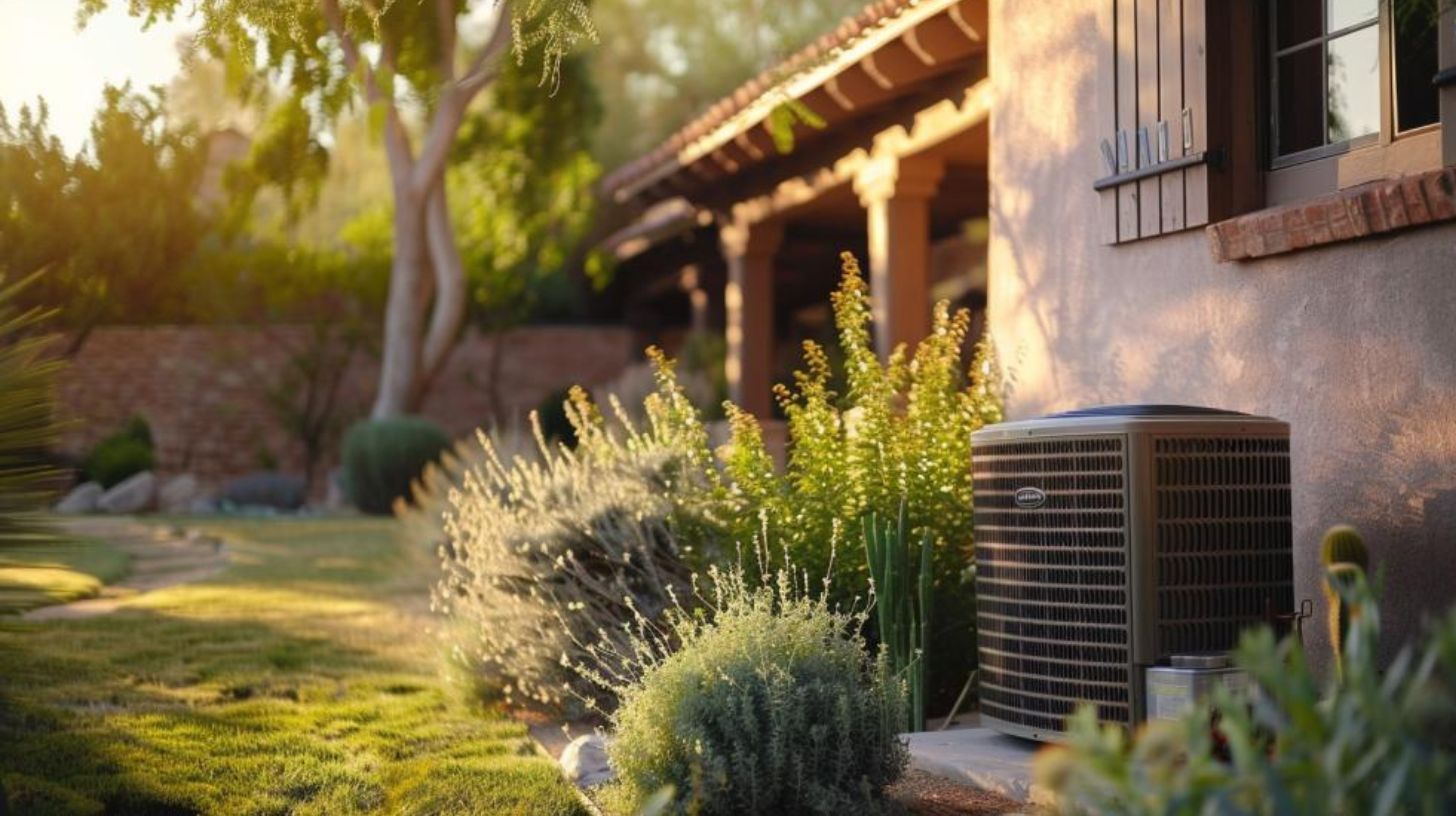
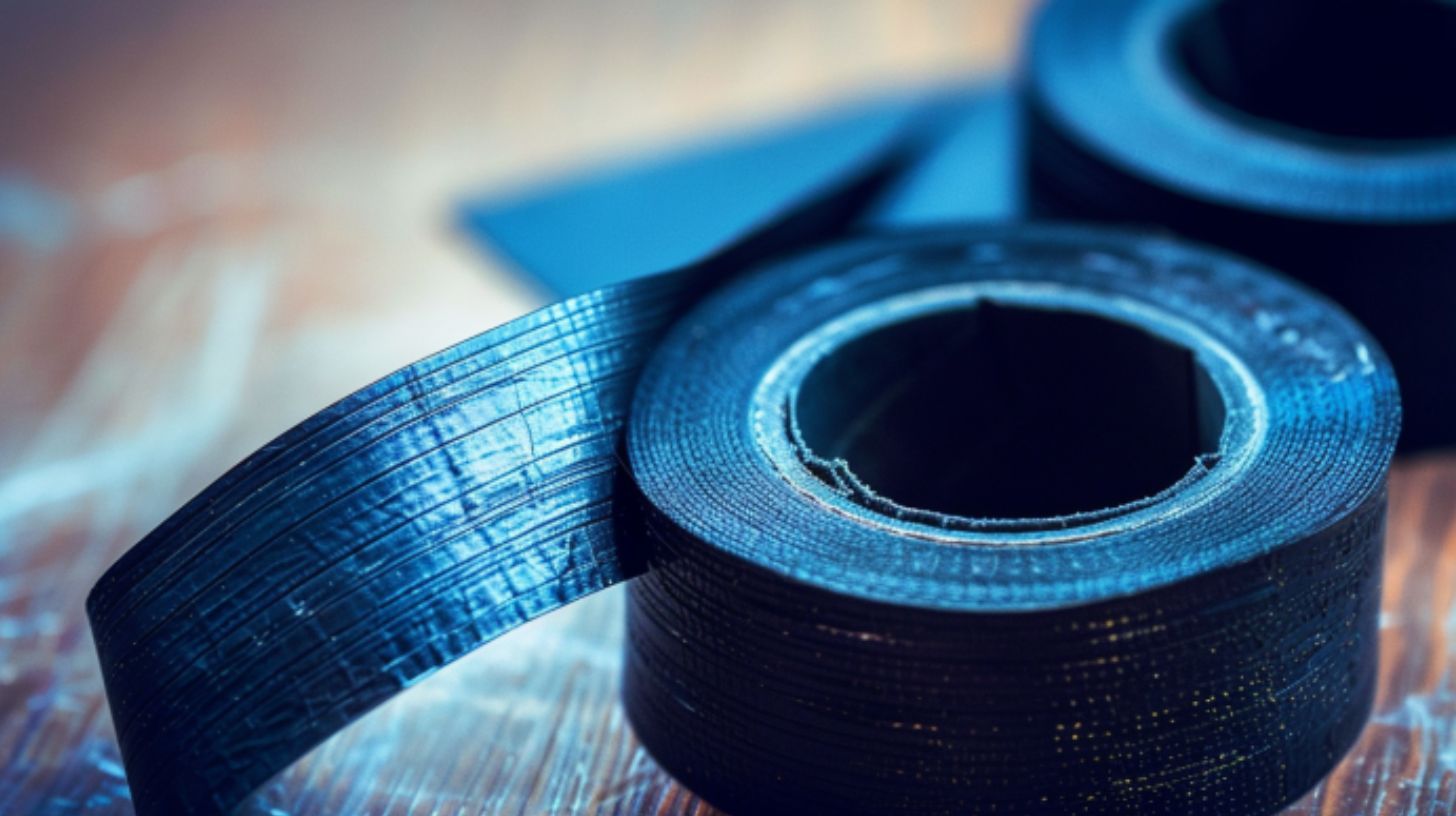
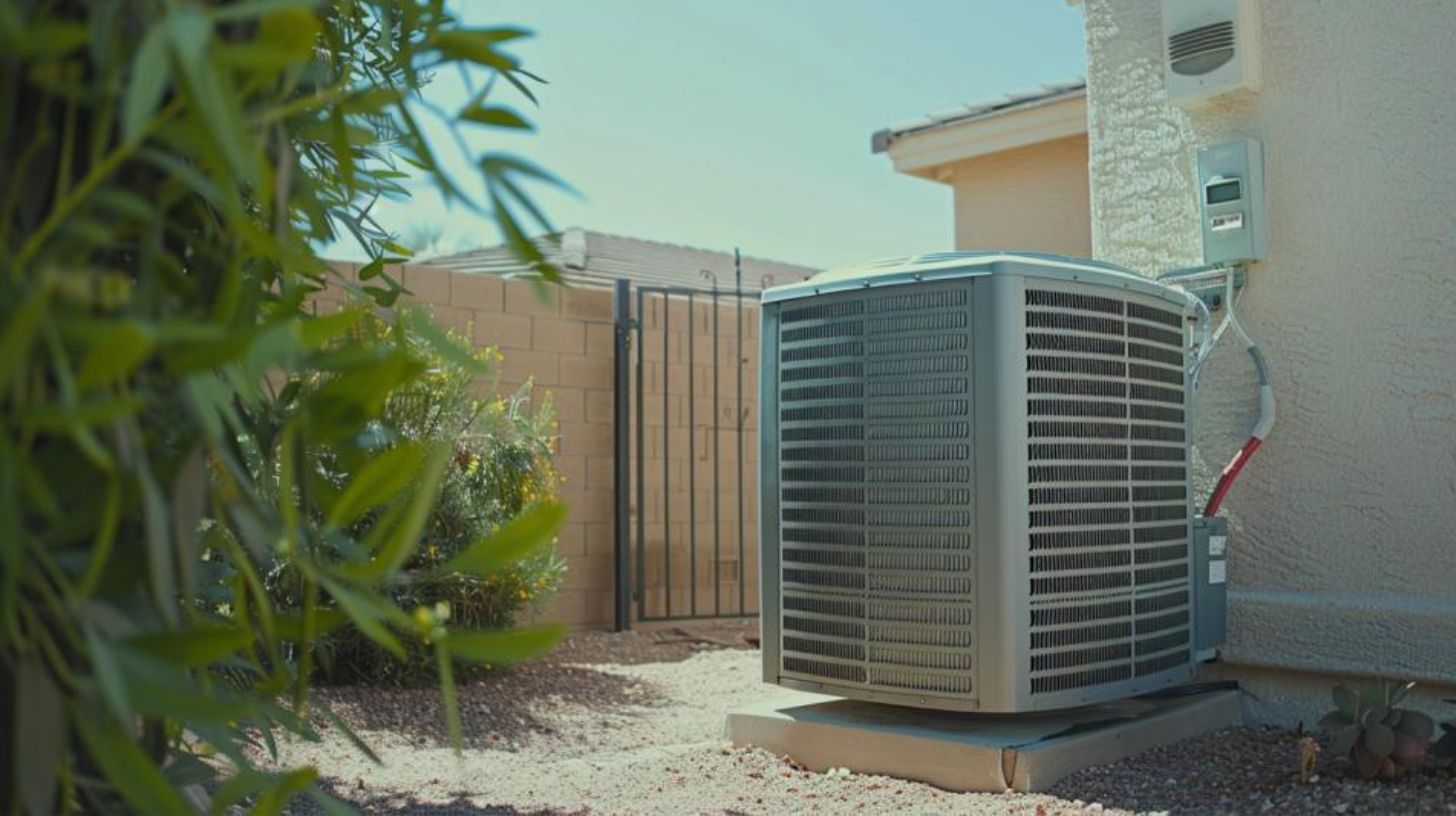

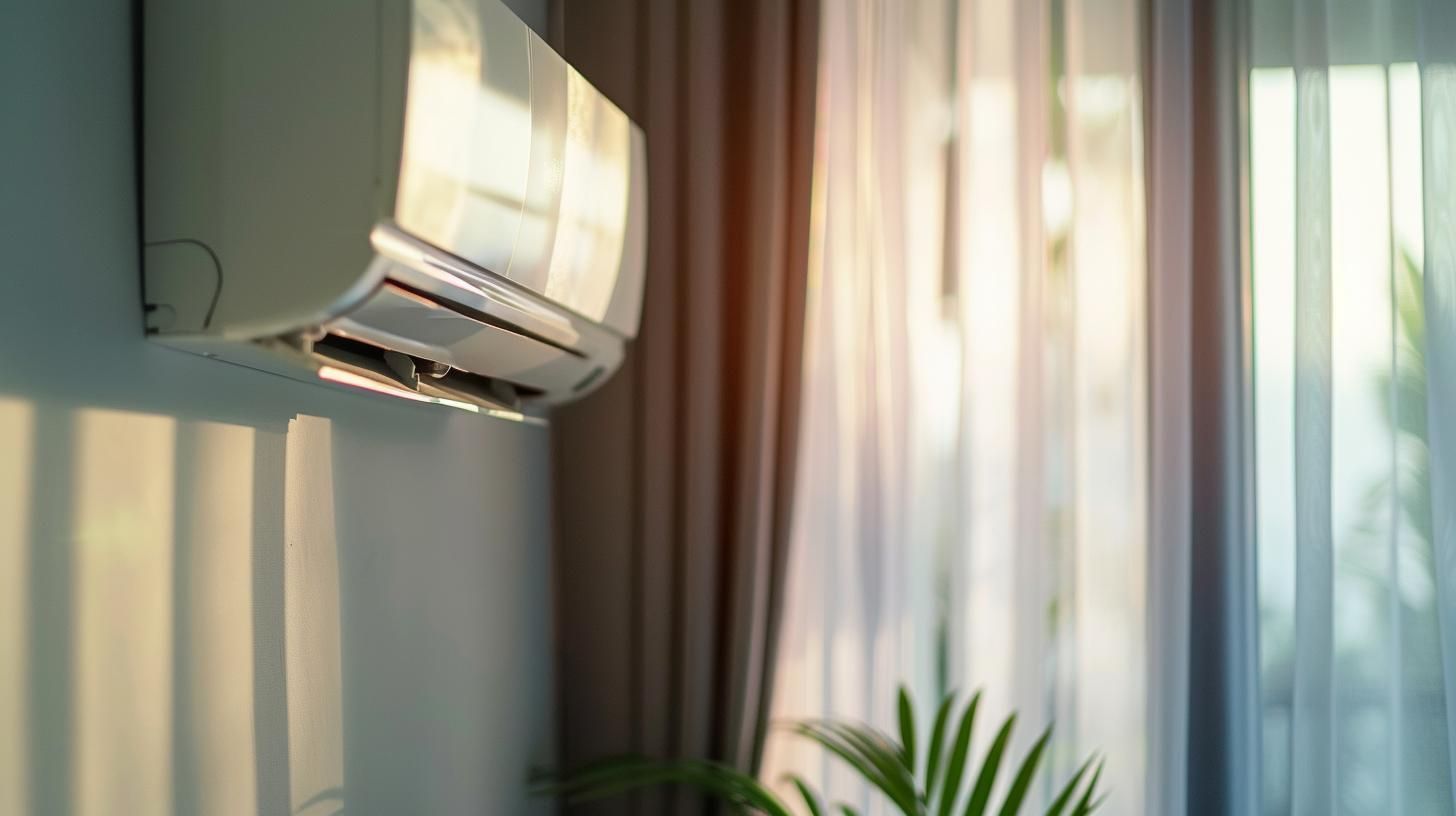
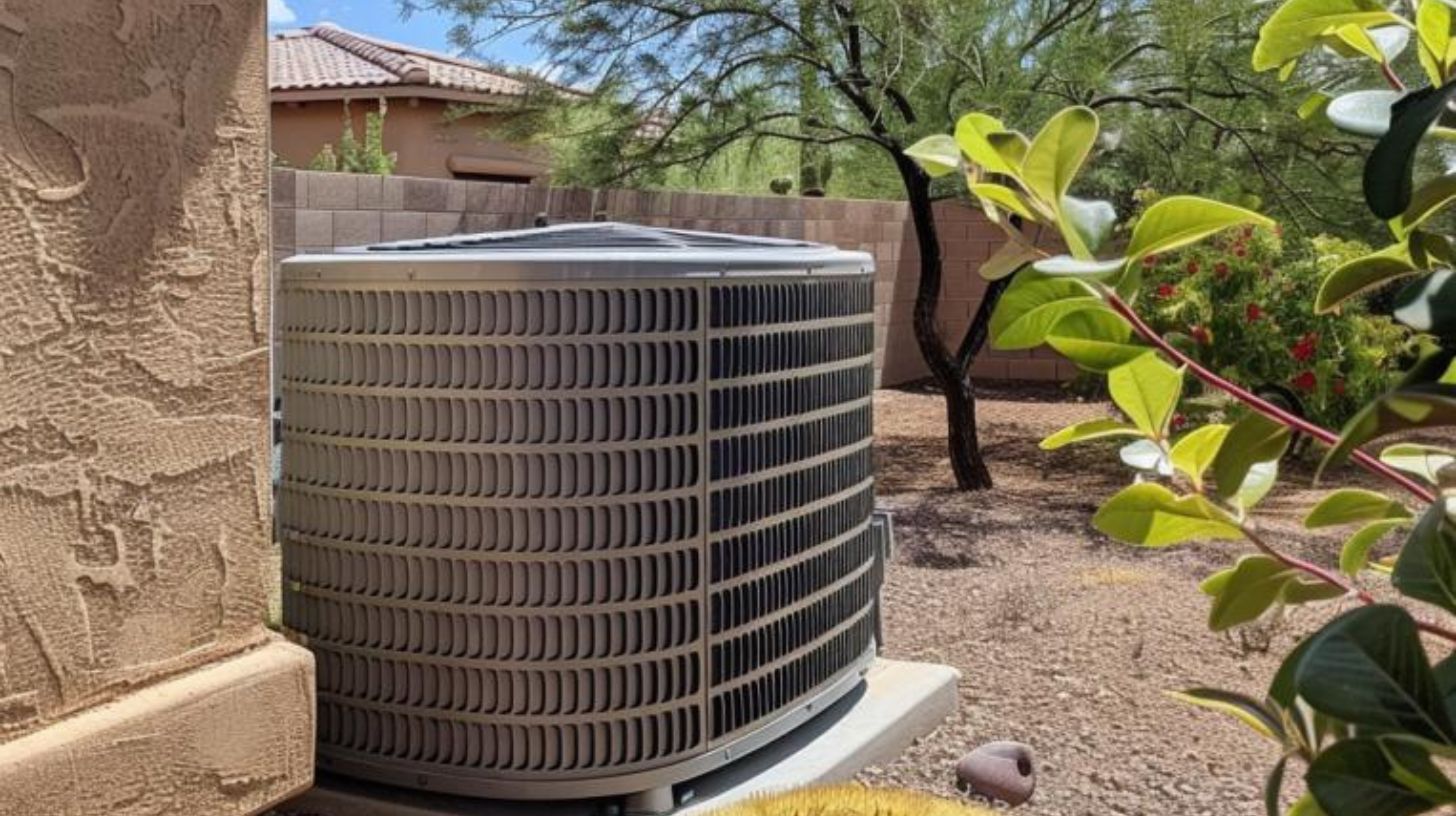
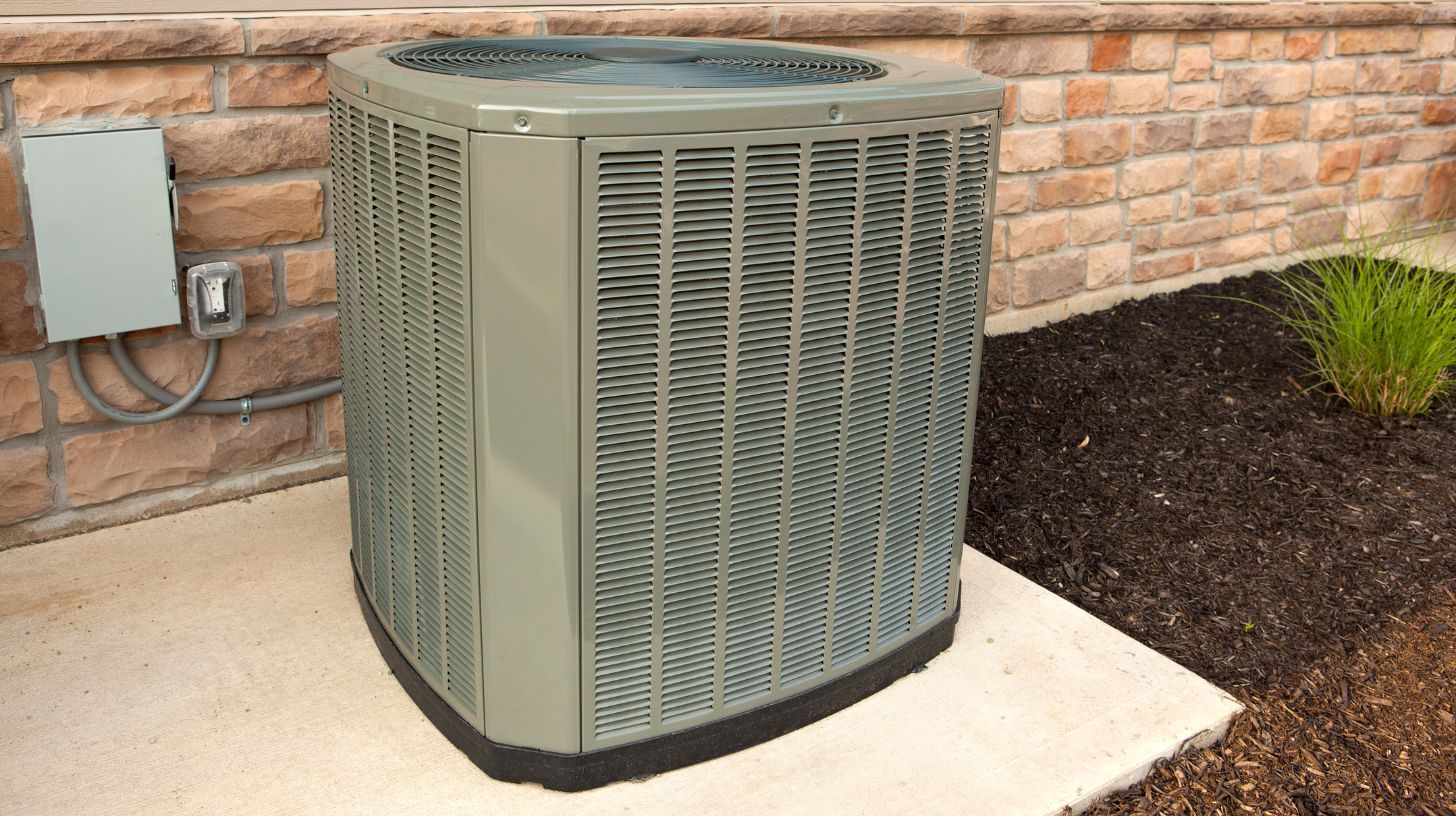
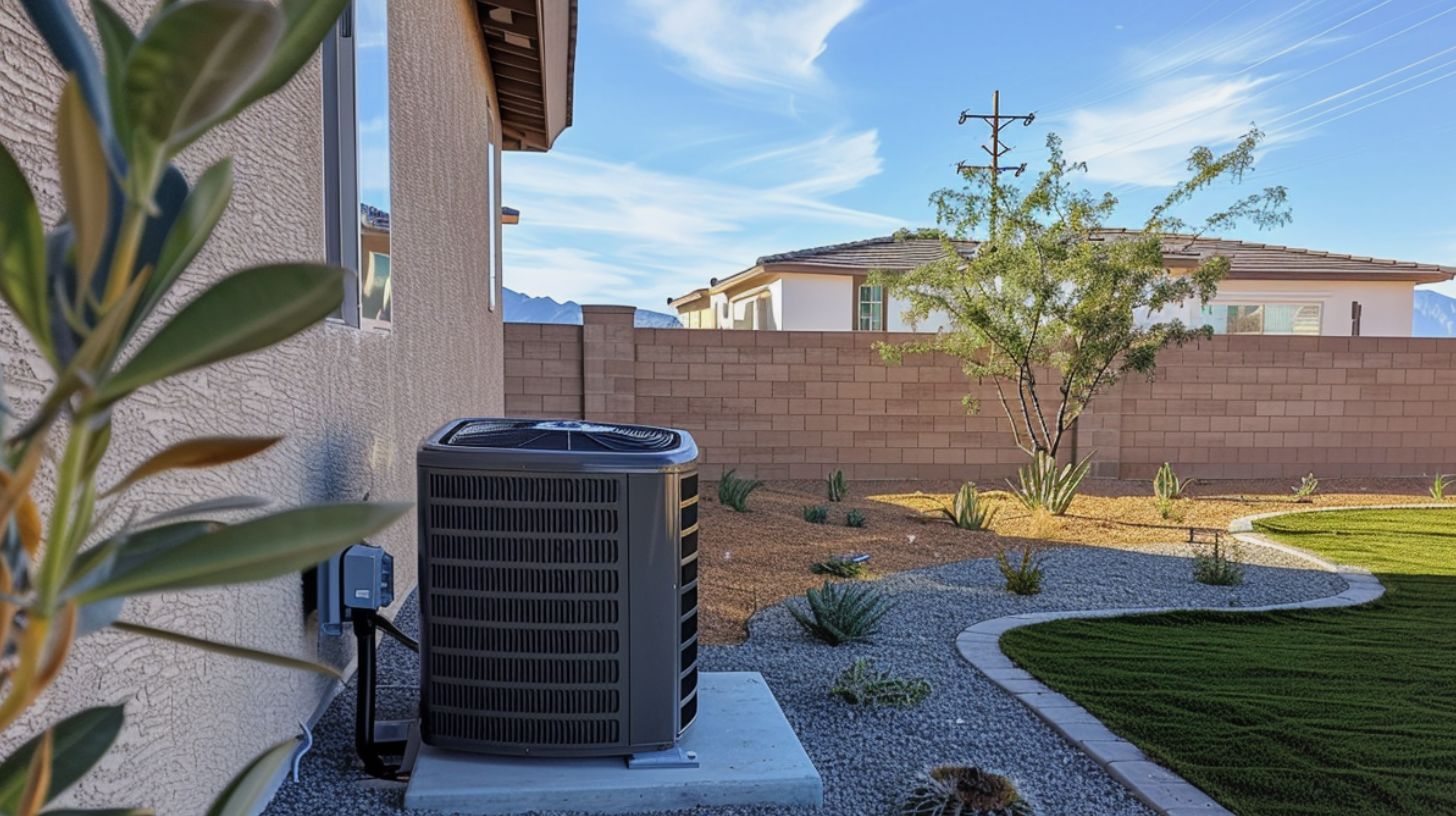
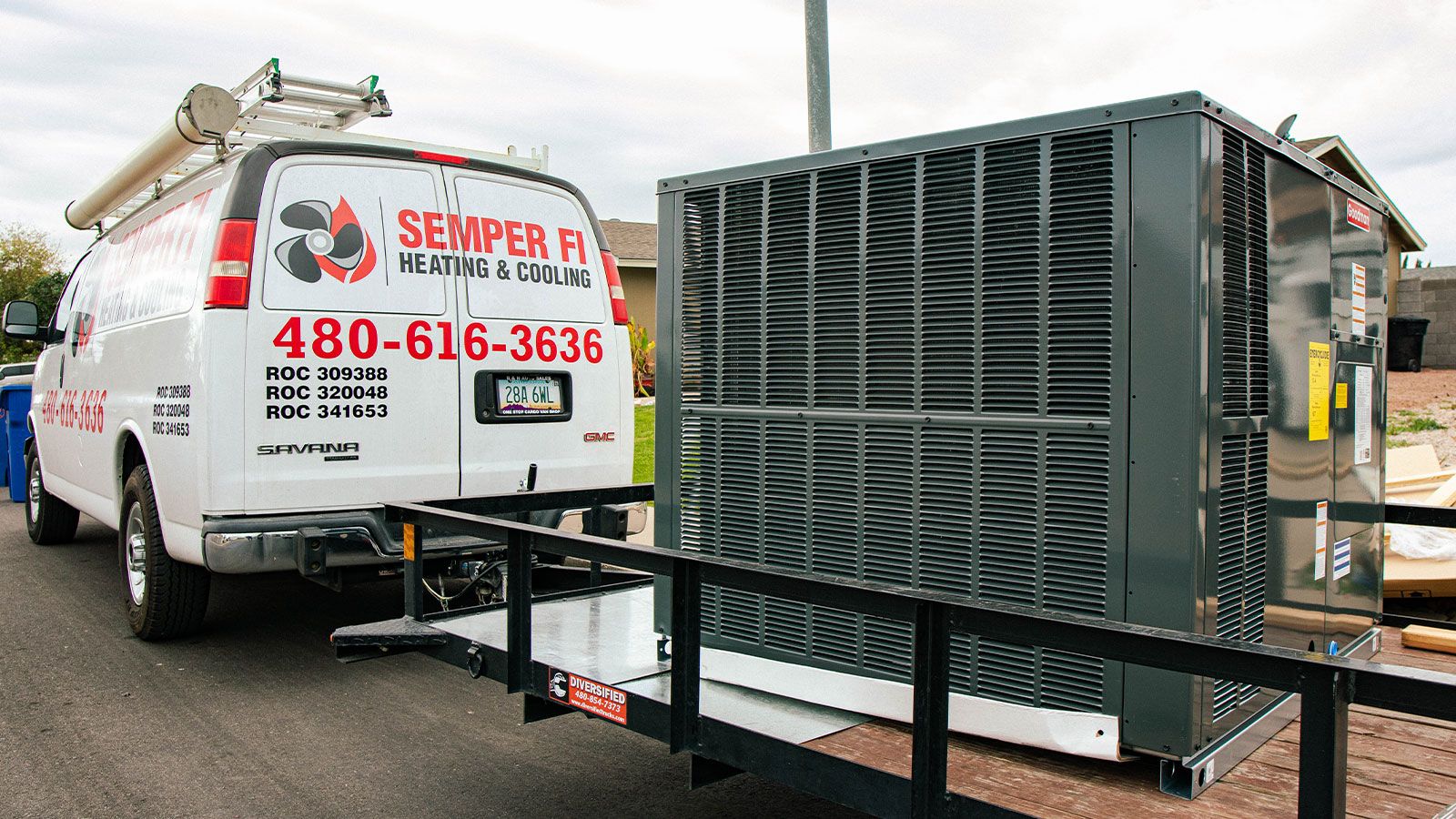
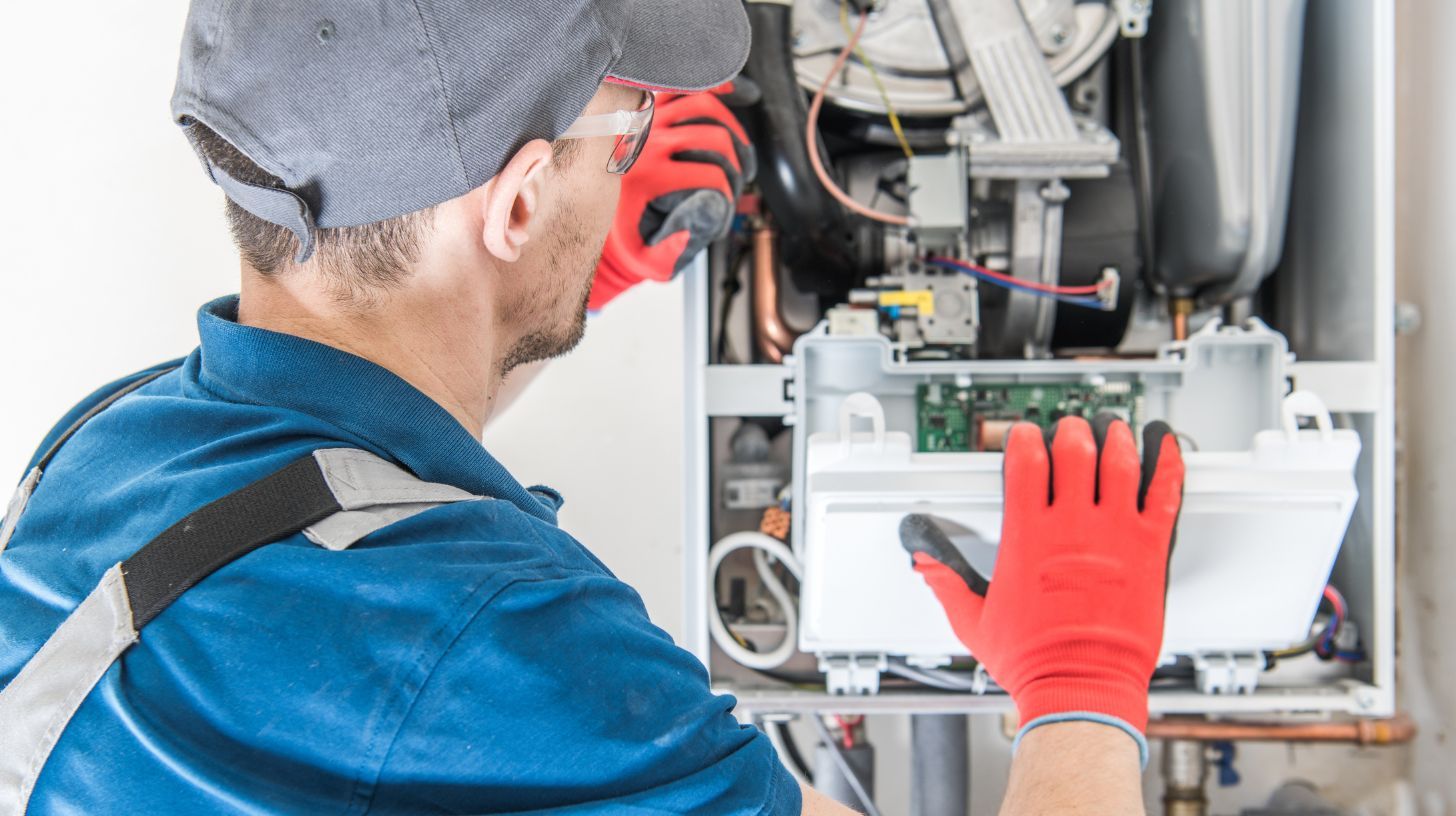
Leave a Reply